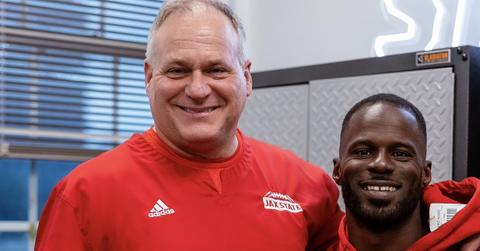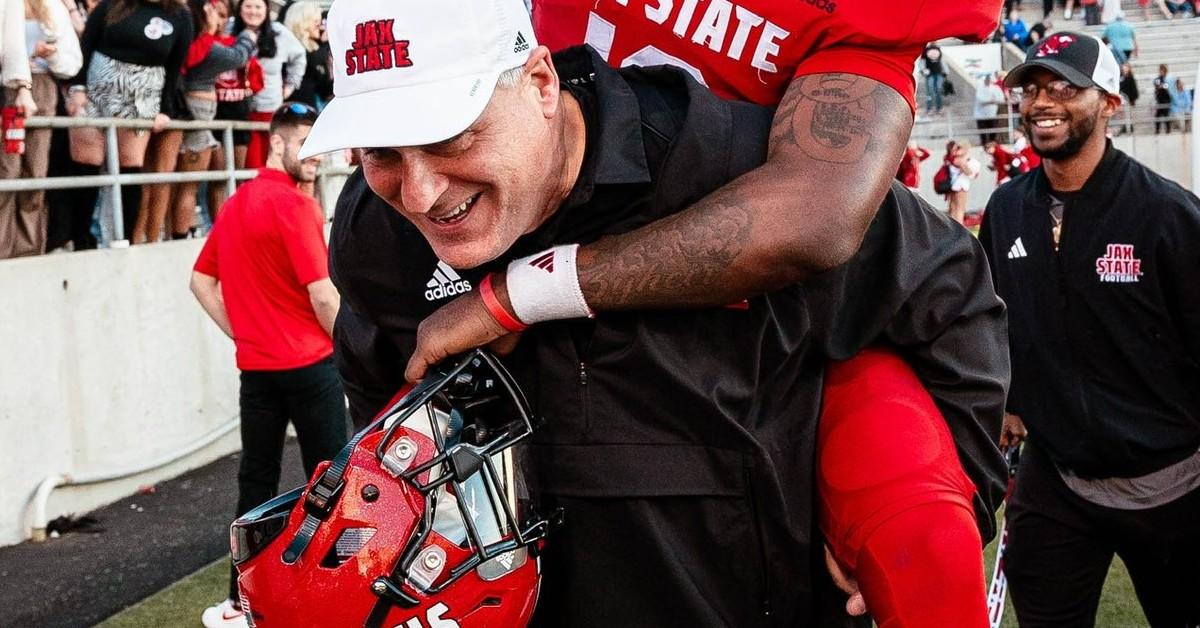Why Did Rich Rodriguez Leave WVU? Revisiting His 2007 Departure as He Returns
"I could have told them a little bit what was going on."
Published Dec. 16 2024, 9:48 a.m. ET
In 2007, West Virginia University (WVU) faced a significant shake-up when its head football coach departed unexpectedly. The news stunned fans and left many questioning the reasons behind his sudden exit. Why did Rich Rodriguez leave WVU after leading the Mountaineers to one of the most successful periods in their history? The answer lies in a complex mix of administrative tensions and unmet requests that ultimately drove him to accept a position at the University of Michigan.
Rich’s time at WVU had been marked by incredible success, including a 60-26 record, multiple Big East championships, and appearances in two BCS bowl games. However, behind the scenes, his relationship with the administration grew increasingly strained. Now, 17 years later, his return to the program sparks renewed interest in the circumstances surrounding his exit.
So, why did he leave? Keep reading as we take a closer look.
Why did Rich Rodriguez leave WVU in 2007?
Rich’s departure was heavily influenced by disagreements with the university’s administration over the support needed to sustain the program’s success. One of his biggest demands was wanting more money for his assistant coaches. At the time, he argued this funding was essential to retain the talented staff he needed to elevate his team. The university’s refusal to meet this demand was a huge factor in his decision to leave.
Rich also had a strained relationship with the then-athletic director Ed Pastilong. According to reports, the tension between the two had been growing for some time, making it difficult for Rich to see a long-term future at WVU. Ultimately, the combination of administrative challenges and a lucrative opportunity at Michigan proved too compelling to pass up.
The situation escalated further after his departure, with WVU filing a lawsuit against Rich for failing to pay the $4 million buyout stipulated in his contract. The legal battle became a highly publicized conflict, highlighting the university’s determination to enforce the agreement. Likewise, most believed the university was also trying to highlight how unhappy they were with the situation. The case was eventually settled, but it left a lingering sense of bitterness among everyone involved.
After 17 years, he has returned to WVU for a fresh start.
Rich’s return to WVU offers an opportunity for both redemption and reflection. In interviews, he has expressed regret over the way his departure unfolded and acknowledged the hurt it caused in his home state. These reflections suggest that Rich has learned valuable lessons from his past experiences and is eager to apply them as he steps back into the role.
“Looking back, I should have had a press conference and stood before the great folks in West Virginia and explained why. People would have still been mad, and I understand that. But I could have told them a little bit what was going on.”
He also acknowledged that there were “crazy” things floating around about him and why he left because he decided not to do a press conference to explain himself.
For Rich, this is a second chance to redeem himself as WVU’s head coach. It is also an opportunity for him to redefine his legacy and to prove the best days of Mountaineer football are yet to come.

